Argument Parser | Re: Factor
 Andy @ Andy @programming.dev Posts 186Comments 356Joined 2 yr. ago
Andy @ Andy @programming.dev Posts 186Comments 356Joined 2 yr. ago

Andy @ Andy @programming.dev
Posts
186
Comments
356
Joined
2 yr. ago
Working with The Simple Text Oriented Messaging Protocol (STOMP) in Factor | Re: Factor
akalenuk/the_namingless_programming_language: Naming is hard. How far can we go without?
Introducing pql, a pipelined query language that compiles to SQL (written in Go)
Show off your solutions to Exercism's 48in24, but in your favorite stacky lang!
StonkDragon/Scale: A procedual concatenative stack-oriented compiled programming language inspired by Porth.
acook/blacklight: a stack-based concatenative virtual machine for implementing highly concurrent languages
Konilo: a small, pragmatic personal computing system written in Forth and running on a tiny virtual computer
Deleted
Permanently Deleted
Deleted
Permanently Deleted
Deleted
Arch but Debian based
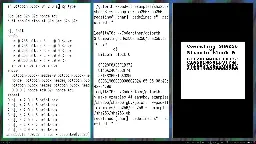
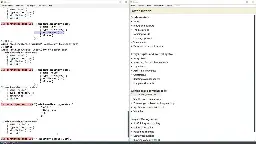



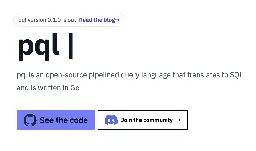
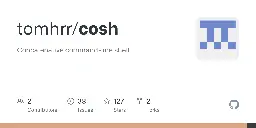

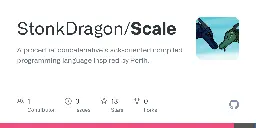

FWIW broot is a great fuzzy finding file tree tool that can be used similarly (much better for the task IMO), with a little configuration.